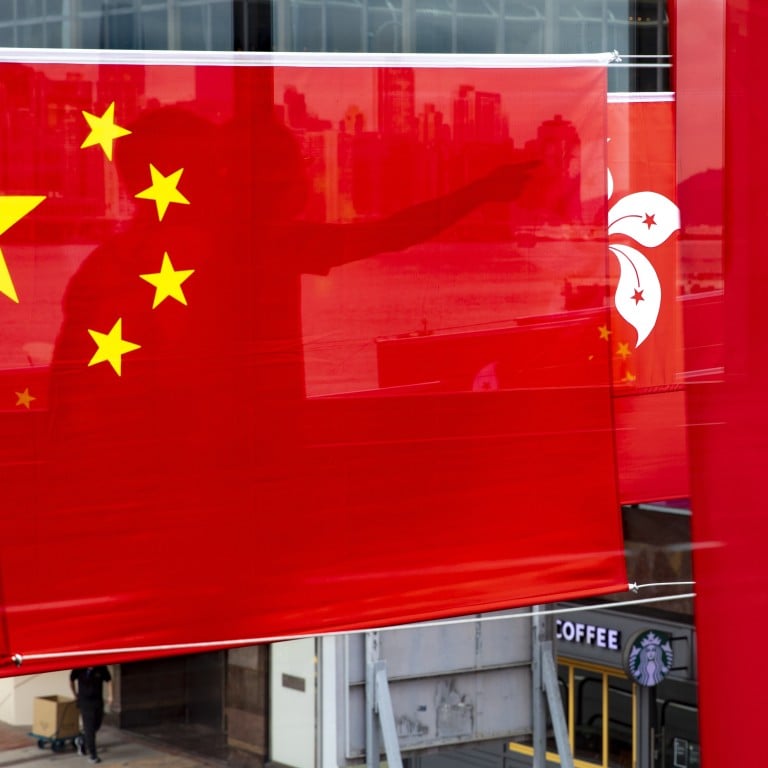
Explainer | What you need to know about Hong Kong’s Election Committee, with key polls on the horizon and nominations opening
- No rush of nominations for powerful body expected on Friday, as some aspiring candidates are still gathering support
- Opposition camp likely to stay out, put off by vetting of candidates, changes to voting system
Hong Kong enters a season of elections starting next month, leading up to the selection of a new chief executive in 2022.
First up, on September 19, will be the polls for the 1,500 members of the enlarged Election Committee which will wield extensive new powers. Nominations open on Friday.
Hong Kong electoral changes: the why, how, and what’s next
Here is what you need to know about the powerful Election Committee, the people vying to join its ranks, and those choosing to stay out.
1. Why does the Election Committee matter?
Hong Kong’s Election Committee used to be tasked only with choosing the city’s chief executive. With Beijing’s shake-up of the electoral system, it has been expanded by 300 to 1,500 members representing five sectors and given more to do.
Election Committee members will fill 40 spots in the legislature which has been expanded from 70 to 90 seats. That will be the biggest slice of seats, with 30 set aside for trade-based functional constituencies, and only 20 for members directly elected from geographical constituencies.
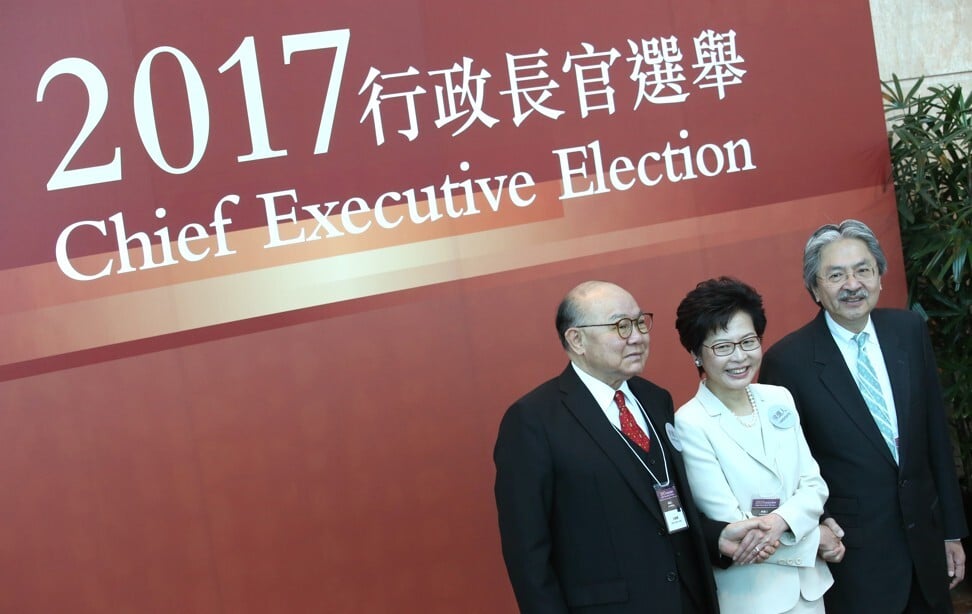
Anyone who hopes to contest the Legco elections on December 19 will have to secure at least two nominations from each of the five sectors in the Election Committee.
2. How are the 1,500 members chosen?
The Election Committee has five sectors with 40 subsectors, each assigned a different number of seats.
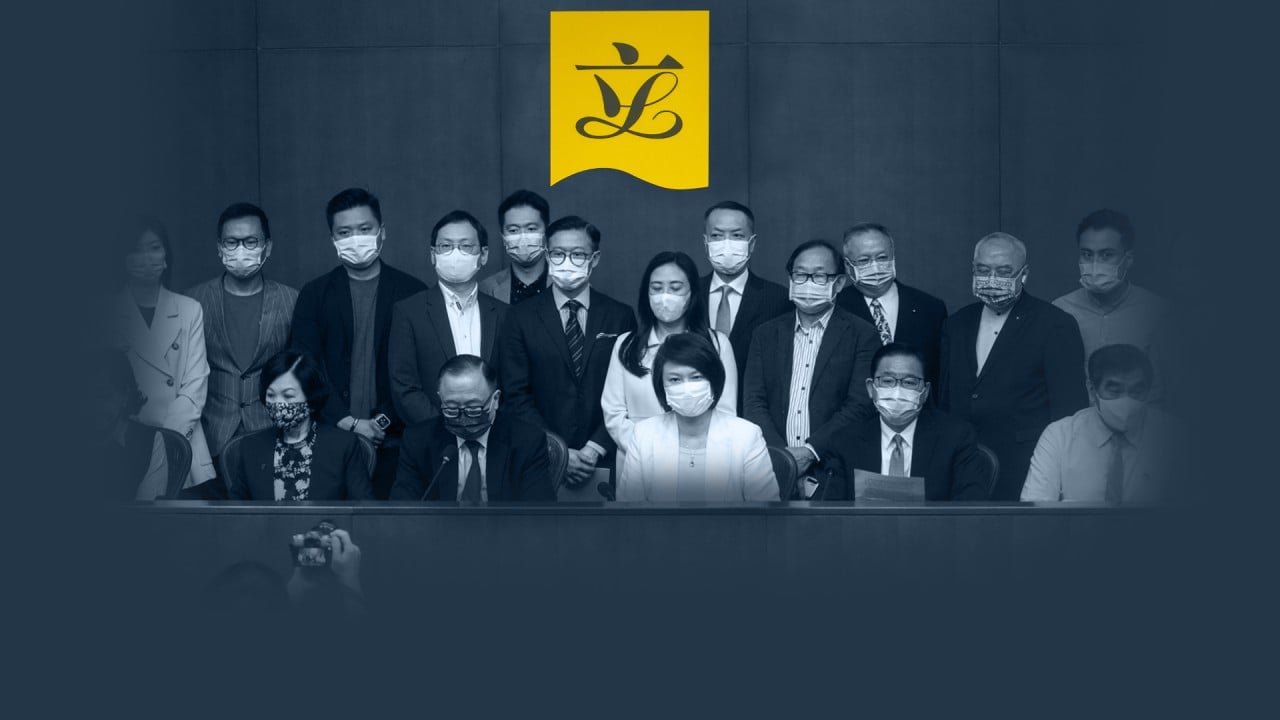
05:10
Hong Kong's revamped electoral system bolsters pro-Beijing influence in key decision-making bodies
The professional sector will also include ex officio members comprising chiefs of designated bodies. The engineering subsector, for example, used to have 30 representatives elected by registered engineers. Now half its seats will be elected and the rest will go to appointees, including the chairmen of the Airport Authority, Construction Industry Council, and MTR Corporation. Similarly, in the education subsector, the vice-chancellors of 11 universities will be made members without having to be elected.
The remaining number of about 1,000 seats will go to representatives of various professional sectors and Beijing loyalists, but there will also be drastic changes in this area.
In the past, members of each profession elected their representatives, and this was where the opposition held sway. Now individual voting has been replaced by corporate voting. This means only specific organisations or companies named by the authorities can select their representatives, not individual practitioners such as educators, lawyers, doctors, engineers or social workers.
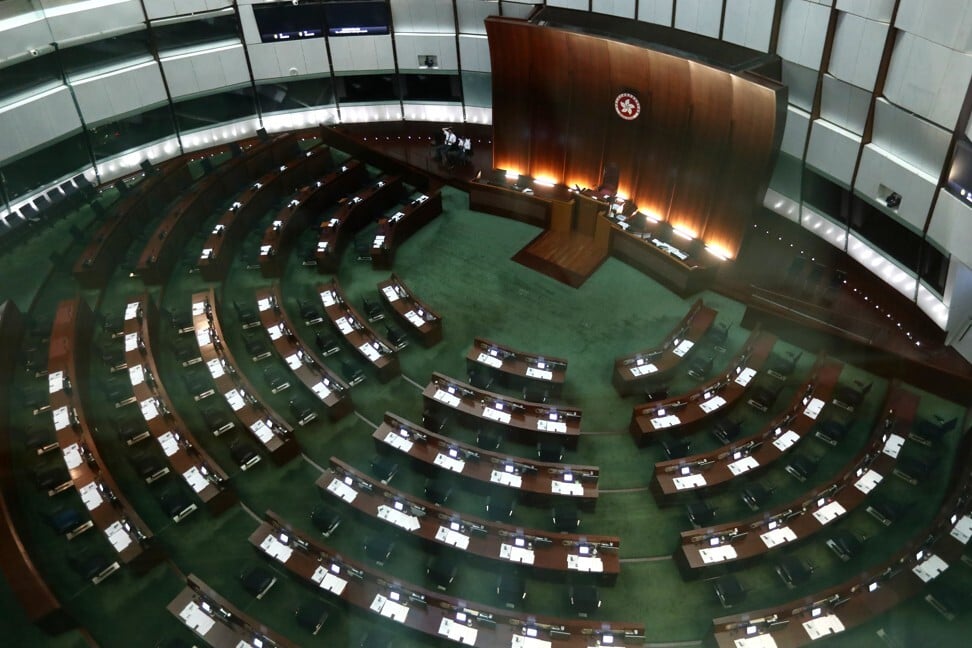
New pro-Beijing bodies such as the Associations of Chinese Fellow Townsmen and representatives of some national organisations will also have a large slice of seats in the revamped committee. Only specific representatives of some pro-government groups can vote for such subsectors.
Voting hours cut for first Hong Kong elections since Beijing’s overhaul
3. What is likely to happen from Friday?
Those who wish to run for a seat on the Election Committee must submit their nomination papers from Friday to next Thursday.
Every candidate must be nominated by no fewer than five voters registered for the subsector concerned, and also clear a government vetting process. A poll will be held on September 19 if there are more candidates than seats for a subsector.
No rush is expected on Friday itself, as some potential candidates have said they are still securing nominations or adopting a “wait-and-see” attitude.
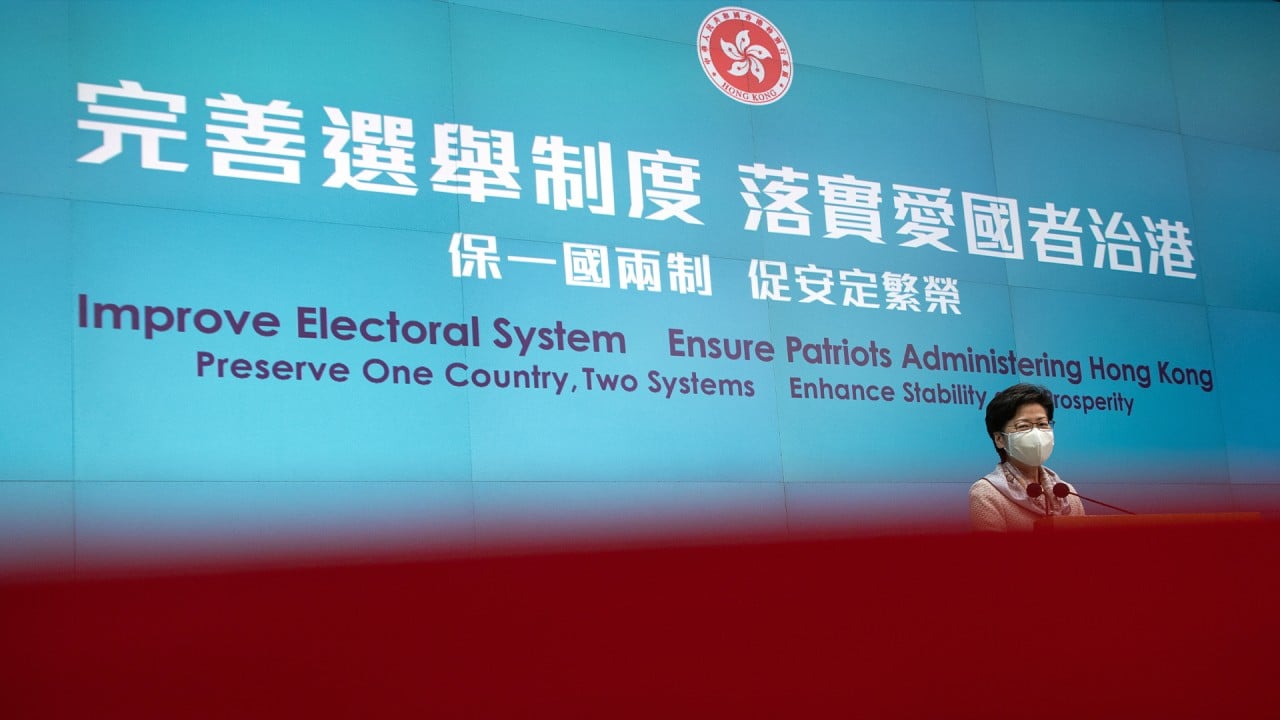
02:34
China’s top legislative body passes sweeping Hong Kong electoral reforms
Some professionals have already decided to run as teams. With 15 out of 30 seats up for grabs in the architectural, surveying, planning and landscape subsector, Raymond Chan Yuk-ming, former chairman of the Hong Kong Institute of Surveyors, joined 14 others to contest under a list named “Offering and Promising”. The others are civil servants and representatives of private and public organisations, including Henderson Land Development’s executive director Augustine Wong Ho-ming.
Chan said he expected more candidates to throw their hats into the ring, but not as many as the 92 who fought for 25 seats in 2016. Unlike in the past, when more than 8,000 individuals voted, only 56 corporate bodies named by the authorities will decide this year.
New BN(O) passport rule for members of Hong Kong’s powerful election body
A team of prominent candidates has emerged for the engineering subsector too. It includes: Otto Poon Lok-to, husband of justice minister Teresa Cheng Yeuk-wah; Wai Chi-sing, the managing director of the Urban Renewal Authority; and a former undersecretary of the Development Bureau, Eric Ma Siu-cheung. In this subsector, 63 bodies will choose 15 representatives.
4. Will opposition figures contest this year?
In 2016, the opposition camp formed a team called “Democrats 300+” and swept all seats in several subsectors including education, higher education, legal, social welfare, information technology, health services. The old individual voting system was key to its winning or coming close to having a “king-making” role.
This year, the mood has been dampened not only by the big changes in voting methods, but also because potential candidates will be vetted by the new Candidate Eligibility Review Committee.
Democratic Party chairman Lo Kin-hei has said his party will not participate. Civic Party chairman Alan Leong Kah-kit said he would not run in the legal subsector, and would “leave the great opportunity” to others.
How Beijing is leading an overhaul of Hong Kong’s election systems
Dr Cheung Chor-yung, who was on a list of 30 “Academics in Support of Democracy” that swept all 30 seats for the higher education subsector in 2016, said he had “no interest in understanding the new game rules”, nor was he “thinking of running”.
The outspoken president of the Hong Kong Medical Association, Dr Gabriel Choi Kin, said he will not run this year because he is “too old to participate”. He is 73.
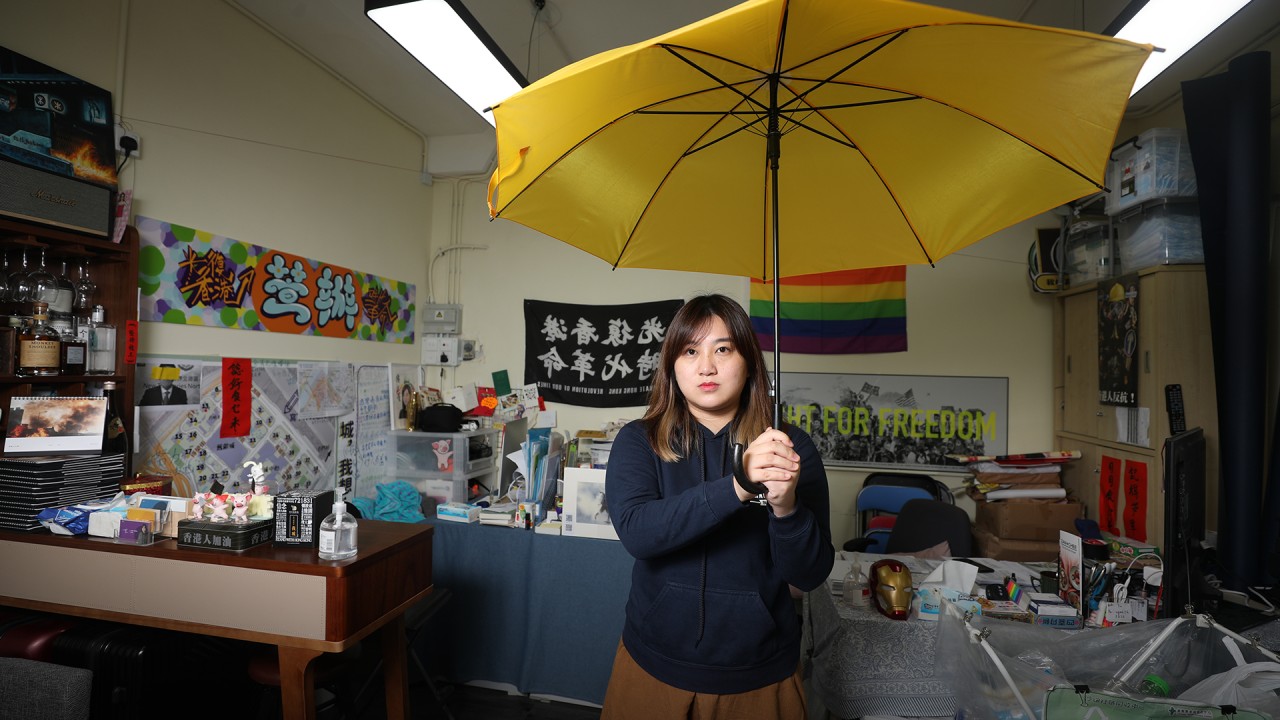
06:04
‘We must recalibrate’: Hong Kong opposition considers next move after arrests and political changes
A number of 2016 Election Committee members from the opposition camp are in jail, including Albert Ho Chun-yan and Benny Tai Yiu-ting who represented the legal subsector, and Yeung Sum from the welfare subsector.
5. What will change for the pro-establishment camp?
Although nominations open on Friday, some pro-establishment heavyweights told the Post that representatives of the various subsectors were not yet familiar with all the changes, including how to gather nominations and even which sector to run for. As a result, they expect only experienced candidates to run.
The camp expects keener contests in only a few subsectors, such as education or legal, where candidates run as individuals. In other subsectors, pro-Beijing organisations such as the Friends of Hong Kong Association or Association of Societies are expected to coordinate the contest to “make sure there will be enough candidates, but not too many”.
Several sources said they did not expect that candidates would have to demonstrate patriotism to win votes, as the new vetting process would ensure that all hopefuls posed no threat to national security.
A source in the camp said: “I guess we won’t look at the political interests of the person but whether the person is loyal, capable or well-known enough and will not go against the will of the camp overall.”

